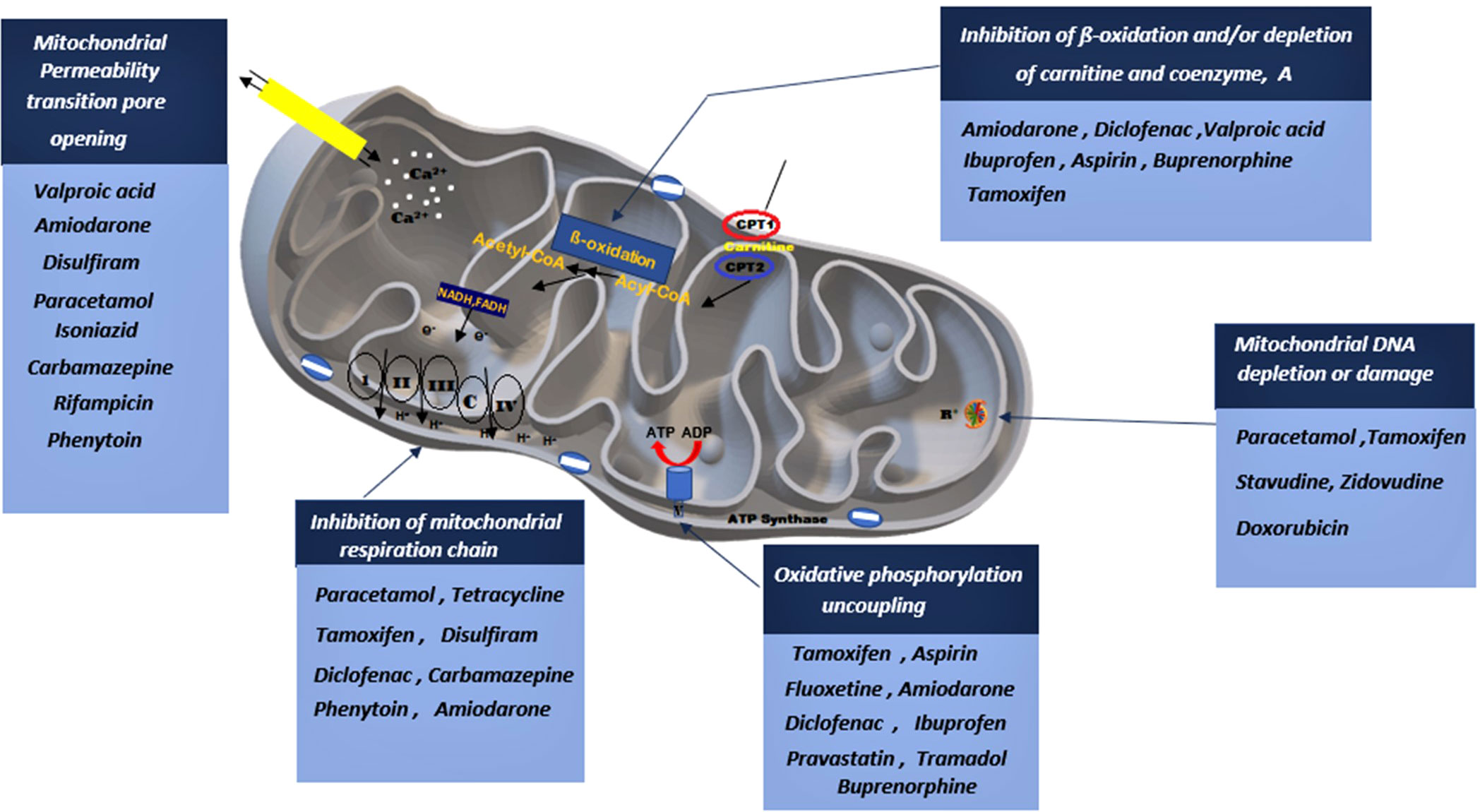Mitochondrial Toxicity Detection Service
- Drug Screening and Early Toxicity Evaluation: Assess the effects of candidate drugs on mitochondrial function, including changes in membrane potential, ROS production, and ATP levels.
- Toxicity Mechanism Research: Uncover mitochondrial damage mechanisms caused by environmental pollutants (e.g., heavy metals, organic solvents) or endogenous toxic factors, aiding in the understanding of mitochondrial-mediated pathways in cell injury and apoptosis.
- Structure-Activity Relationship (SAR) Analysis and Compound Optimization: Perform systematic evaluations of the structure–toxicity relationship for small molecules or novel materials by monitoring mitochondrial functional indicators, supporting rational molecular design and candidate selection.
- Personalized Drug Response Prediction and Biomarker Discovery: In preclinical studies, this service can compare mitochondrial responses in different cell lines or patient-derived samples under drug treatment, helping to identify potential predictive biomarkers of toxicity.
Mitochondrial Toxicity Detection Service is a specialized technical service designed to systematically evaluate the impact of exogenous substances on mitochondrial function. This service uses a variety of biological indicators (such as mitochondrial membrane potential, ATP level, ROS production, oxygen consumption rate, etc.) to comprehensively determine whether a substance has mitochondrial toxicity, and combines morphological observations with functional analysis to fully reveal its mechanism of action.
Mitochondria are the core hub of cellular energy metabolism and play a key role in apoptosis, ROS generation, calcium ion homeostasis, and cell signal transduction. With the continuous deepening of drug development and toxicology research, more and more evidence shows that many compounds can cause toxicological reactions such as energy metabolism disorders, oxidative stress, and cell death by interfering with mitochondrial function without showing traditional cytotoxicity, thereby inducing organ damage and even clinical trial failure. Therefore, systematic evaluation of mitochondrial toxicity has become a key link in new drug development, environmental toxicology screening, and disease mechanism research.

Kuretu A. et al. Front Endocrinol (Lausanne). 2023.
Figure 1. How various drug classes can potentially lead to mitochondrial impairment.
Services at MtoZ Biolabs
MtoZ Biolabs provides Mitochondrial Toxicity Detection Service covering multiple key indicators based on advanced functional metabolic analysis platforms, fluorescent probe imaging platforms and molecular biology tools, helping customers identify potential risks at an early stage and improve the success rate of drug screening. Our Mitochondrial Toxicity Detection services include but are not limited to the following tests:
Oxygen Consumption Rate Analysis
Monitors key mitochondrial parameters including basal respiration, maximal respiration, ATP production, and proton leak.
Mitochondrial Membrane Potential Analysis
Assesses changes in mitochondrial membrane potential using probes such as JC-1 and TMRE, reflecting mitochondrial integrity.
Measures mitochondrial oxidative stress levels using specific fluorescent probes.
Mitochondrial Biogenesis Capacity Assessment
Monitors the expression levels of key enzymes such as COX1 and SDHA to evaluate the integrity of mitochondrial biosynthetic pathways.
MtoZ Biolabs also offers customized Mitochondrial Toxicity Detection Service tailored to specific project requirements. Please feel free to contact us for more information.
Service Advantages
1. Multiparametric Integrated Detection: Covers key indicators of mitochondrial metabolism, membrane integrity, and oxidative stress to accurately identify toxicity mechanisms.
2. Advanced Analysis Platform: MtoZ Biolabs established an advanced Mitochondrial Toxicity Detection Service platform, guaranteeing reliable, fast, and highly accurate analysis service.
3. One-Time-Charge: Our pricing is transparent, no hidden fees or additional costs.
4. Expert and In-Depth Data Interpretation: Includes statistical analysis and toxicity trend evaluation to help researchers quickly identify high-risk factors.
5. Integrated Analysis Support: Results can be combined with proteomics, metabolomics, transcriptomics, and other omics data to deepen the systems-level understanding of toxicity mechanisms.
Sample Submission Suggestions
Sample Types: Compatible with both cell and tissue samples.
Storage and Shipping: Samples should be snap-frozen in liquid nitrogen or stored at −80°C. Avoid repeated freeze-thaw cycles. Ship on dry ice.
Additional Notes: Please contact us prior to sample submission for detailed and project-specific sample preparation guidance.
Applications
Application examples of Mitochondrial Toxicity Detection Service:
Related Services
Mitochondrial Respiratory Chain Enzyme Analysis Service
How to order?







